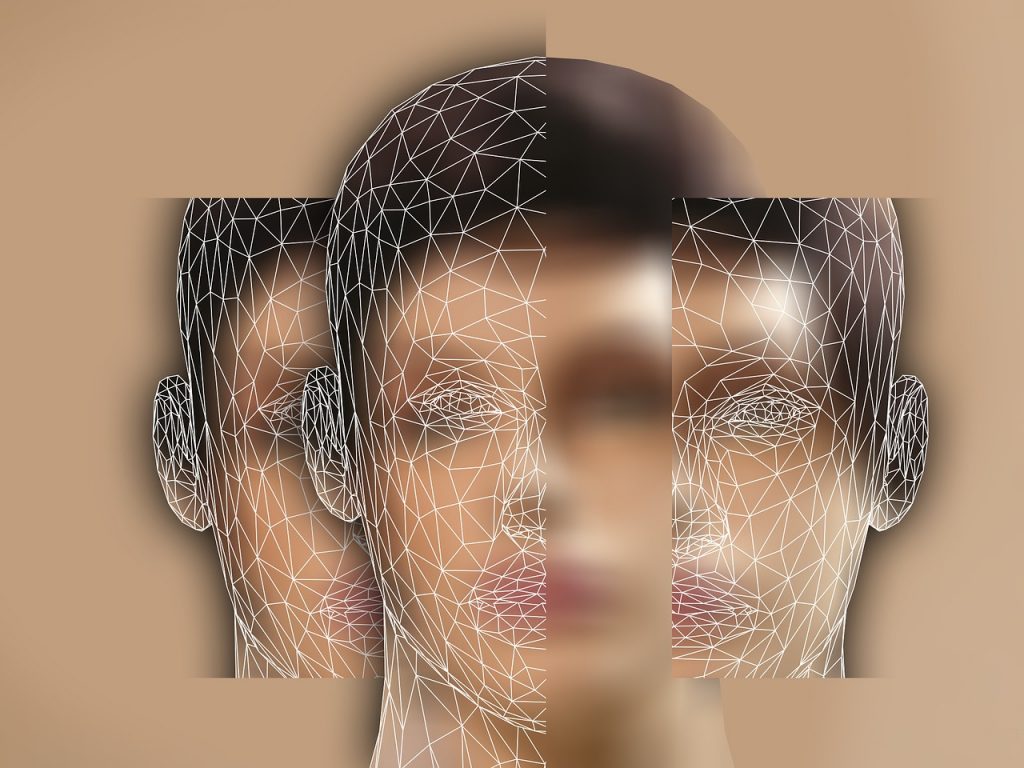Psychosomatic pain is a special type of physical pain caused by our mental state. Untreated emotions soak into the body and thus affect a person's overall condition. Negative emotions and negative feelings have a different energy frequency than positive ones. As a result, they can damage the body's organs, tissues and cells.
When we feel emotionally balanced,
our body reflects positive feelings. Positive emotions, such as satisfaction and pleasure, release positive chemical compounds in the brain such as serotonin or dopamine that make the body feel good.
Unfortunately, the opposite is also true. When we are in a negative emotional state, it manifests itself through our body.
For example, our brain begins to toxically increase cortisol levels when we are exposed to prolonged physical, mental or emotional stress. Our brain chemistry leads to physical and emotional burnout.
The physical sensations associated with high cortisol levels are easy to identify for most people, but emotional stress can manifest itself in a variety of ways.
Many people usually suffer chronically from emotional stress. Sometimes they don't even realize they're in an unbalanced emotional state until they start experiencing physical pain. Only then do they begin to struggle to determine the cause and source.
Do you have chronic headaches or back pain so bad that it prevents you from moving? Have you already tried all the medicines, but the pain does not go away? Maybe you're looking in the wrong place.
Many types of pain are directly related to our emotions. As soon as we identify the cause of the pain, we can begin to heal ourselves from within.
What is psychosomatic pain?
Psychosomatic pain is a disorder characterized by chronic physical symptoms, which have no clear cause and medical explanation. The term "psycho" refers to our mental state and "soma" refers to the body.
In addition, the word pain comes from the Latin word poena, which means "fine." So psychosomatic pain is a special kind of physical pain caused by our mental state.
Our body is literally punishing us for putting it under a lot of stress.
Although negative emotions are not always our fault, our body does not discriminate. Long-term emotional abuse or neglect in childhood can manifest as chronic psychosomatic pain, regardless of the cause.
Even minor emotional stress can manifest as pain in different parts of the body. The pain can last for years and even spread from one part of the body to another. Doctors often cannot find a physical explanation or a successful pharmacological treatment for this condition because they simply do not exist.
Our mind and body work together. Emotional pain can directly cause nerve damage and physical pain.
Fortunately, we can use our minds to alleviate physical pain. To heal the body, we must identify and heal negative emotions.
7 types of pain that are directly related to our emotional state:
Headache and migraine
Most chronic headaches and migraines are caused by everyday stress. General anxiety also leads to a severe headache.
Suppressed emotions cause stress - primarily anxiety, irritation, nervousness or fatigue - increase muscle tension and dilate blood vessels, which worsens the course of a migraine.
Recurrent headaches can be caused by underlying factors. For example, have you noticed that your head starts to hurt as soon as your harassing husband comes home in the evening? Or does the throbbing pain in your forehead intensify when your narcissistic boss shows up at work?
Pain in the neck and shoulders
As stress builds up in the mind and body, the first place it usually manifests physically is in the shoulders and neck.
Chronic pain in the shoulders and neck often symbolizes an attempt to "carry the weight of the whole world" on one's own shoulders or the inability to let a person or situation remain in the past.
Sometimes they are also due to the reluctance to forgive a person who is important to us.
Back pain
In case of back pain, the area of localization is very important. Pain in the upper back can tell you that you are not receiving genuine emotional support from the people around you.
The lower back often hurts in people who are very concerned about their financial situation.
Stomach ache
Emotional stress wreaks havoc on our digestive system. Prolonged depression, anxiety, or post-traumatic stress disorder can cause irritable bowel syndrome, peptic ulcers, or general intestinal discomfort.
Emotionally, many stomach disorders appear to tell us that it is impossible for us to "bear" a person or situation that we are forced to deal with or endure, a situation that we rather fear.
It also means that it is difficult to deal with a certain person whose behavior contradicts your views, habits or way of life.
Frequent abdominal pains also suggest that you are often mentally criticizing or pampering yourself by trying to protect yourself from a particular trial or stressful situation.
Menstrual pains
If a woman's period pain becomes very painful, the reason for this may be in her emotions.
When we refuse to accept difficult or unpleasant emotions, when we deny the shadow of our personality or have negative hostile beliefs about ourselves and our role as a woman, this can manifest in menstrual disorder, cause endometriosis and uterine diseases.
Pain in the limbs
Pain or a feeling of stiffness in your legs can mean fear to move forward, to make an important decision. It could also mean that you live with a sense of oppression, and it does appears when you feel you have nothing to strive for. Such pains often arise when you try to avoid the transition from the past to the present or are unwilling to take on something new.
Knee pain, lack of flexibility or joint stiffness may reflect a stiffness in your perception of the future. This happens more often with those who do not want to listen to new ideas or, for example, adopt a new way of life.
Pain in the hands can symbolize the inability to process and learn from some important life experience.
All types of diffuse pain, including fibromyalgia
Our body sometimes accumulates diffuse musculoskeletal pain as a protective device to distract our minds from chronic emotional suppression and imbalance.
If you have been diagnosed with similar pain and medical treatment does not help, try to make a deeper assessment of your emotional state.
3 ways to start treatment:
Psychotherapy and group therapy.
Over a long period of time, negative emotions can be felt as "normal". If you don't know where to start, consulting a therapist will help you identify areas that need treatment.
Group therapy can provide you with dynamic feedback in a safe environment that also has an important therapeutic effect.
Meditation
Many studies show that meditation can reduce symptoms of anxiety, depression and help achieve a more balanced emotional state. Begin your journey to meditation now with the collection of guided meditations by Milena Goleva.
Communication and understanding of emotions
When we suppress our emotions, it eventually leads to psychosomatic disorders. Developing communication skills can help us express our emotions in a healthy way to stop putting unnecessary stress on our bodies.
If you find yourself in a situation or relationship where you can't openly express yourself or your emotions, consider ways you can get out of those situations to begin the process of emotional and physical healing.
Our emotions are often directly related to our physical ailments. By learning to identify and manage our emotional state, we will be able to heal our body - inside and out.
Read more: An exercise that is sure to boost your confidence
author: Kim Saeed
Source: chetilishte.com
See also: Things we do not name cease to exist





Facebook Comments